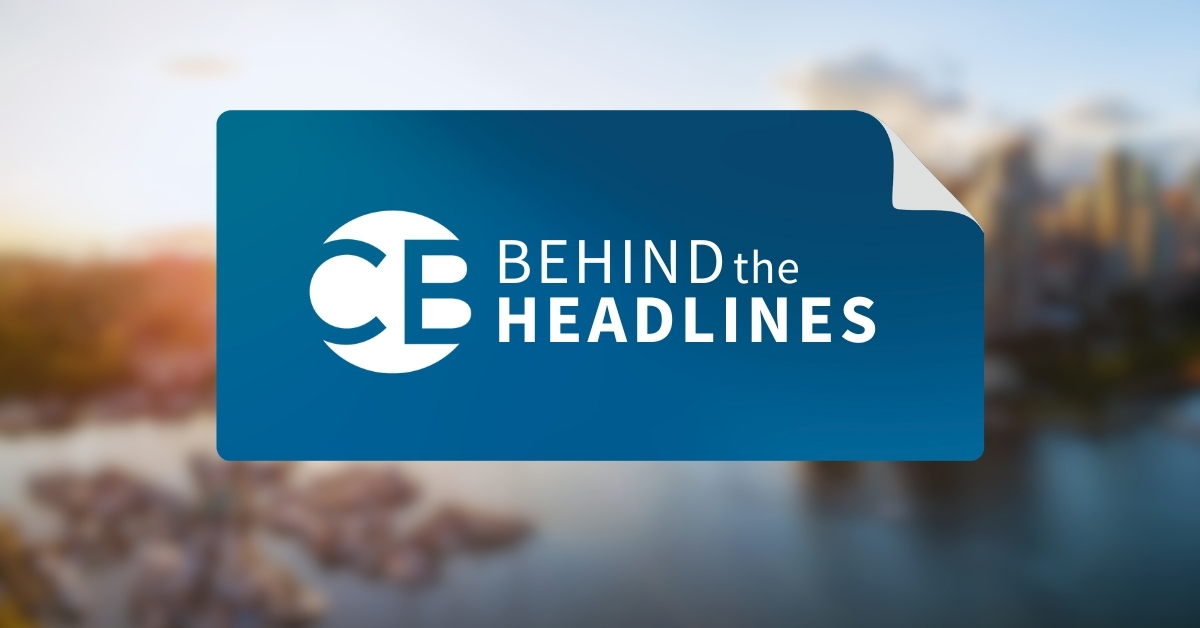
By Ira Srivastava
1. Corporate Sustainability Due Diligence Directive derailed. The European Union Council has indefinitely delayed voting on the Corporate Sustainability Due Diligence Directive (CSDD). The CSDD would require companies to address environmental and human rights issues in their operations and supply chains and create a decarbonization plan aligned with the Paris Agreement goals. In order for the CSDD to pass, at least 15 European Union member states that make up at least 65% of the EU’s population would have to vote in favour. Germany and Finland announced they would abstain from the vote with rumours that Italy would follow suit, so the vote was postponed as reaching the 65% population threshold would be unlikely. The CSDD will likely be renegotiated by the EU Council and Parliament. Environmental advocates are speaking out against the abstentions as the time to meaningfully address the climate crisis slips through our hands.
2. New methane emission monitoring satellite to launch in March. A groundbreaking satellite that is capable of detecting and measuring the planet’s methane emissions will launch next month. Ball Aerospace and MethaneSAT partnered to develop this technology. Methane is a common emission from agriculture and natural gas exploration, and is a more potent greenhouse gas than carbon dioxide. Methane emissions are notoriously difficult to track, but this satellite “will locate and quantify sources of methane emissions around the world”. It operates on a regional scale and can pinpoint emissions down to a single factory. The data collected will be shared to the public for free. This technology could be scaled to revolutionize methane emission reporting and enables high-polluting industries and facilities to be made accountable.
3. The European Commission sets bold emission targets. The European Commission published a report on strategies for the European Union to achieve net-zero by mid-century. The key recommendation is “a 90% net greenhouse gas emissions reduction by 2040 compared to 1990 levels”. This ambitious goal will require significant stakeholder engagement, new legislation drafted after the 2024 elections conclude, and approval from EU member states. The report outlines the ways that this target can be achieved including emissions reductions of 55% by 2030. The EU’s electricity generation sector is expected to reach net zero by the early 2040s, with the transportation sector achieving net-zero via technology and carbon price mechanisms.
4. Companies are finding ways to avoid ESG backlash. The term ‘ESG’ is starting to become taboo in boardrooms and earnings calls around the world. According to data analyzed by FactSet, mentions of ESG by S&P 500 companies dropped from 156 at its peak in the fourth quarter of 2021, to nine in recent weeks. However, this does not mean that ESG topics are falling out of the conversation. Buzzwords such as ‘green economy’, ‘energy transition’, and climate change are increasingly being used to discuss the same issues. According to a poll by the Global Strategy Group, respondents strongly supported “companies that try to have a positive impact on their communities”. Support among Republicans dropped significantly when ‘ESG’ was mentioned.
5. The role of consumers in the energy transition. Research by EY found that 65% of respondents knew what to do to make their energy consumption more sustainable, but 70% said they would not spend time or money to make those changes. Energy companies must engage with consumers in order to close this gap. The three main concerns customers have is affordability, access, and appeal. Over two-thirds of survey respondents said they could not afford a 10% increase in their energy bill and 77% want cheaper energy options from their utilities provider. Companies also need to increase the accessibility of sustainable energy choices. This includes educating consumers on renewable energy, making renewable energy products easier to access and install, and reaching out to both homeowners and renters to make these changes.
Ira Srivastava is Competent Boards’ Program Coordinator. Follow Competent Boards on LinkedIn.